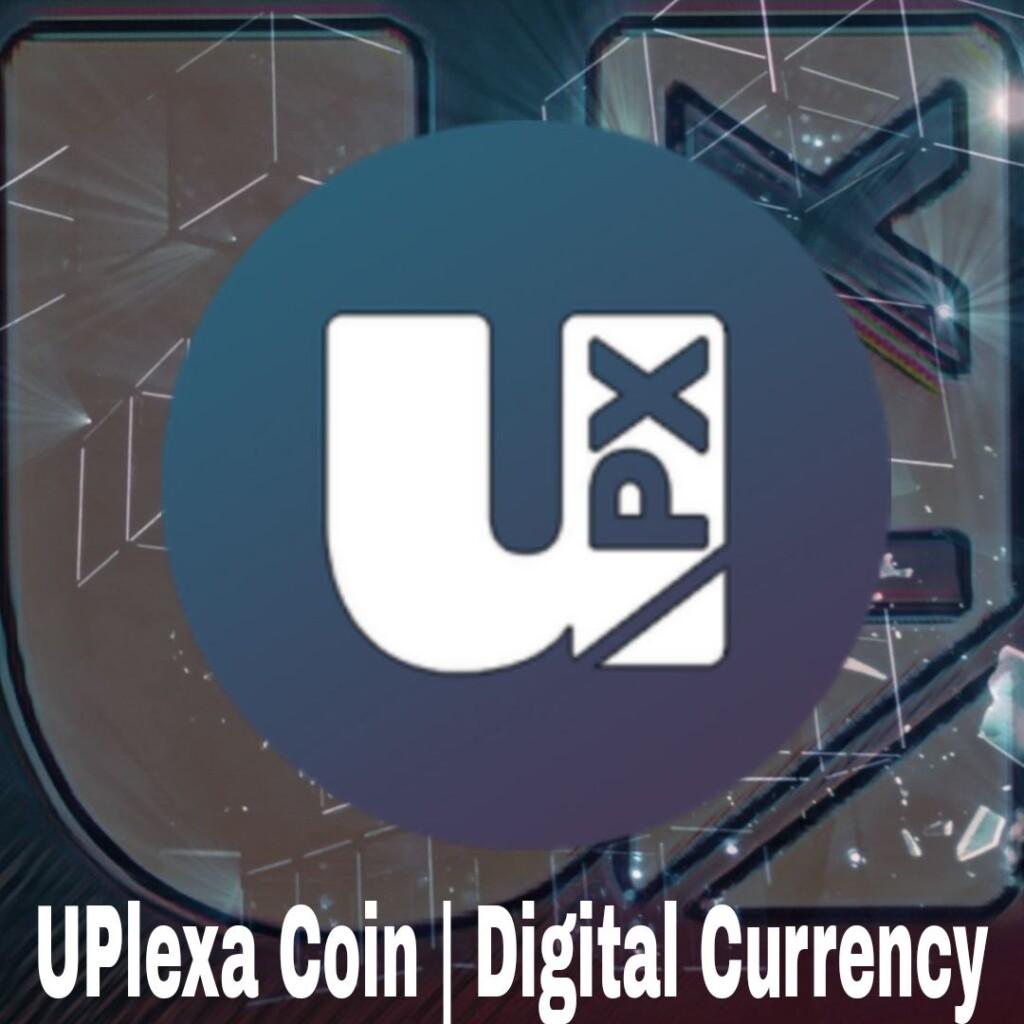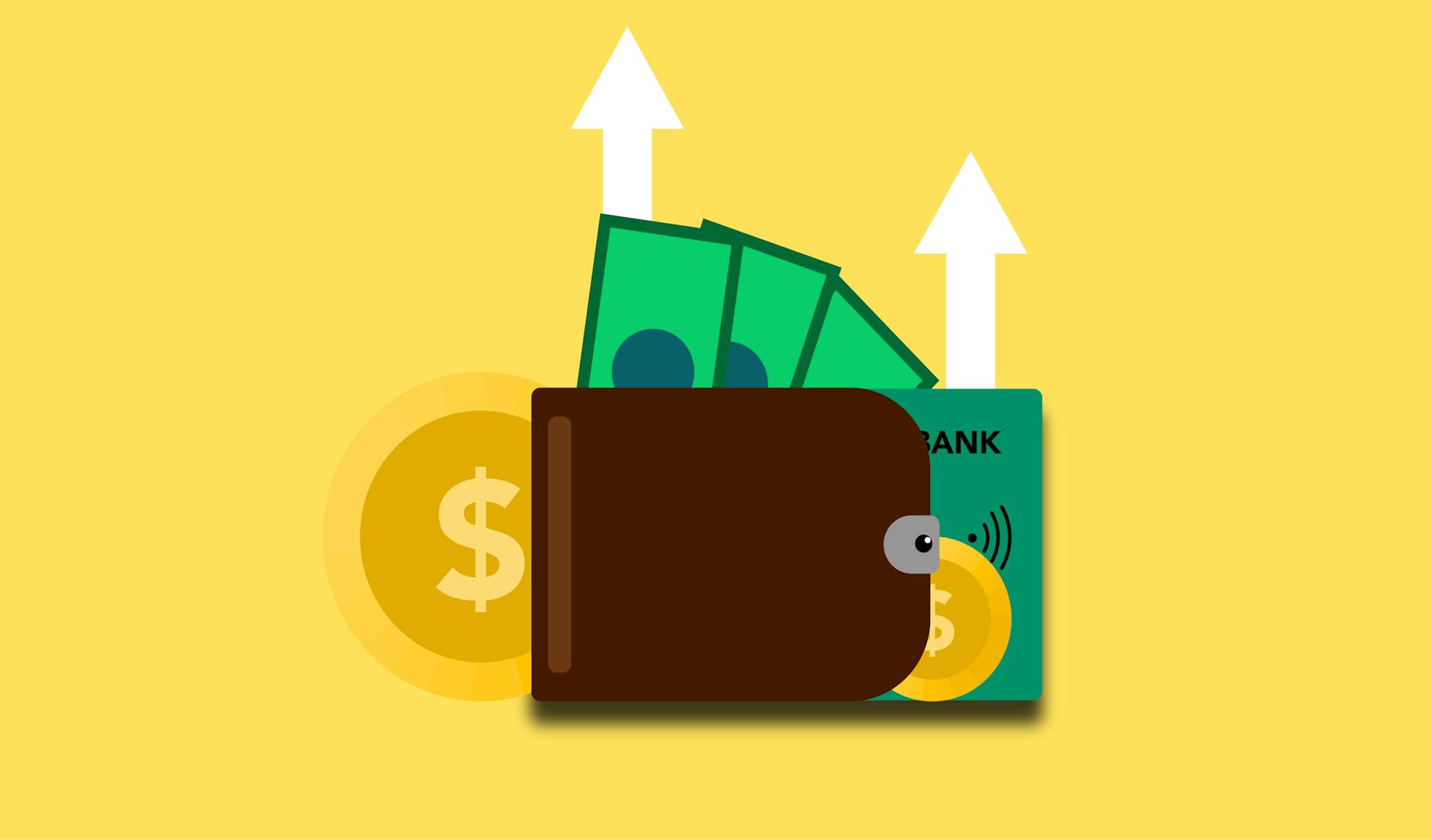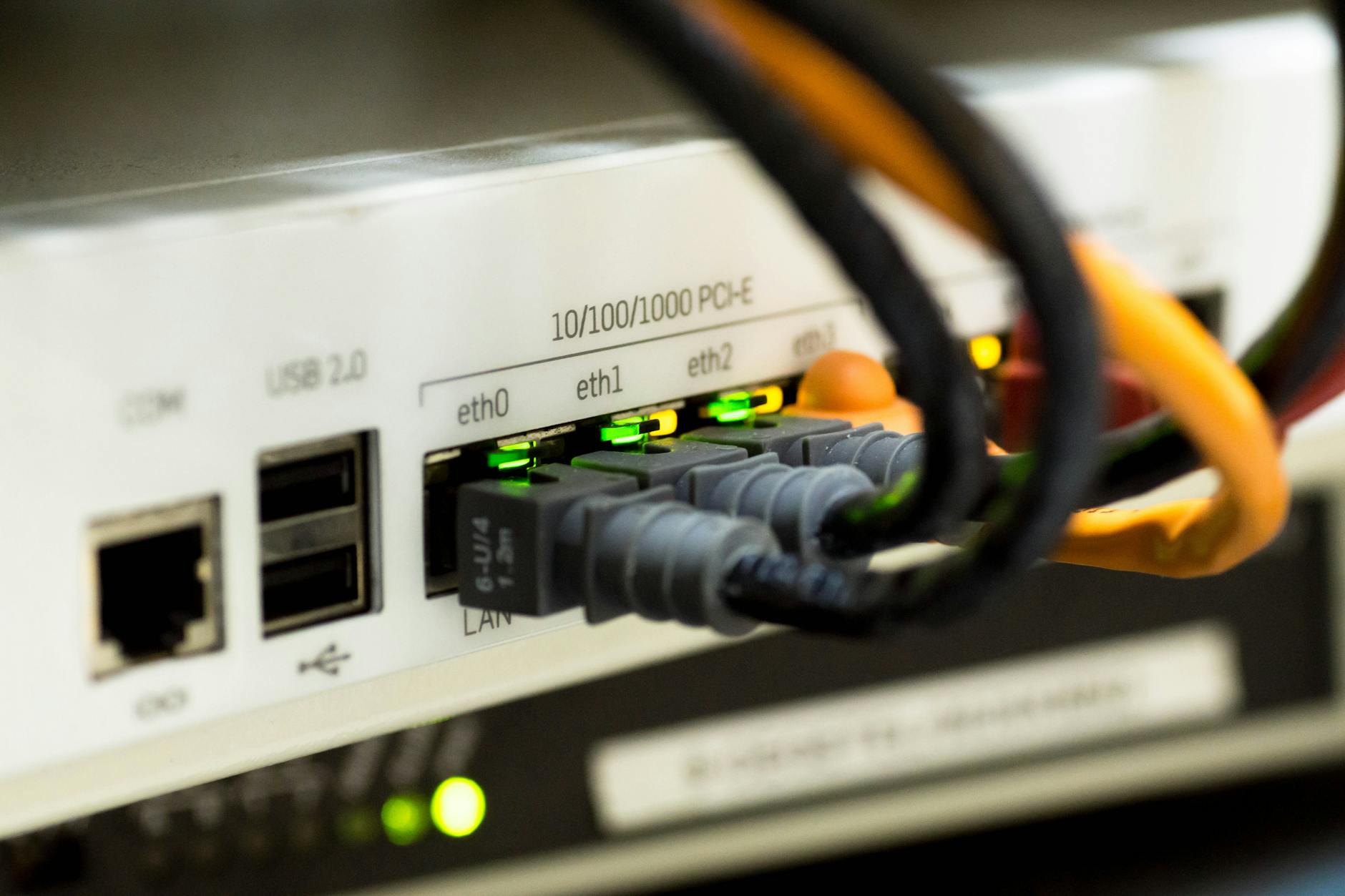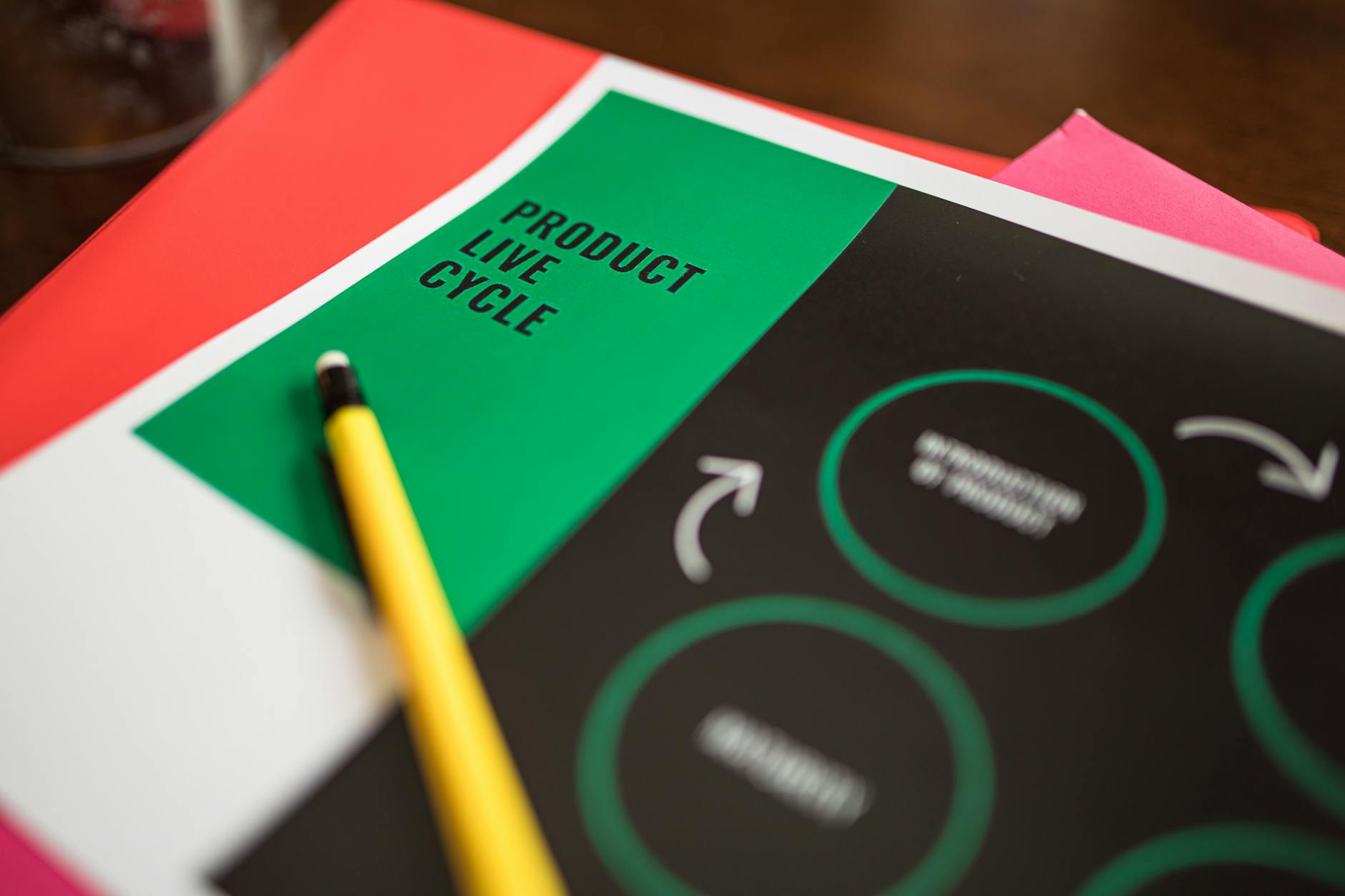What is a Node?

In the world of cryptocurrencies and blockchain technology, a node refers to a computer that participates in the network of a particular blockchain. Nodes are crucial components of a decentralized system, as they store, verify, and propagate the blockchain’s data. Every time a transaction is made or a new block is added, nodes across the network collaborate to validate and confirm it. Nodes ensure the blockchain’s integrity, transparency, and security by providing redundancy, reducing the risks of a single point of failure.
What is uPlexa?

uPlexa (UPX) is a privacy-focused cryptocurrency designed to reward users for contributing to its decentralized network through smart device mining. Built with an emphasis on providing anonymous transactions and efficient, low-power mining capabilities, uPlexa aims to empower individuals, developers, and businesses alike by creating a network that’s scalable, private, and accessible. With uPlexa, users can mine UPX using low-power devices, making it eco-friendly and well-suited for widespread use.
Why Run a uPlexa Node?
Running a uPlexa node brings multiple benefits, not just to the blockchain but also to the user. By operating a node, you contribute directly to the security and decentralization of the network, helping to keep the blockchain secure from attacks while facilitating faster, more reliable transactions. Here are some key advantages:

- Increased Network Security:
Every uPlexa node increases the network’s redundancy and security. With more nodes, it’s harder for malicious actors to compromise the system, making it more resilient against attacks. - Transaction Privacy:
uPlexa’s privacy features ensure that transactions are anonymous, safeguarding your financial activity while contributing to an ecosystem focused on protecting users. - Supporting Decentralization:
By running a node, you’re actively promoting the decentralized nature of uPlexa, keeping the network less dependent on centralized entities. - Task Automation and Efficiency:
Running a node can be integrated into your everyday workflow to monitor transactions, automate payments, or contribute computing resources, which could be beneficial in a range of industries including finance, supply chain management, and more.
Running a uPlexa Node on Different Platforms
Whether you prefer to run your node on Linux, Windows, or via the cloud, uPlexa nodes can be set up on various systems. Here’s how you can start:

1. Running a Node on Google Cloud Platform (GCP):
- Create a Virtual Machine (VM): Sign in to your GCP account and set up a VM. Choose a Linux distribution (e.g., Ubuntu) for your node.
- Install uPlexa: Download and install the uPlexa daemon on your VM. Follow the instructions from the official uPlexa GitHub repository.
- Configuration and Security: Configure firewall rules to allow incoming and outgoing traffic on the necessary ports (e.g., 21060). Ensure the node is properly set up to sync with the network.
2. Running a Node on Linux:
- Setup: Download the latest uPlexa release for Linux from the official site or GitHub. Extract the files and run the uPlexa daemon (
uplexad) to start syncing with the network. - Automating the Process: Use system scripts like cron jobs to keep the daemon running 24/7 and monitor your node’s status via RPC calls.
3. Running a Node on Windows:
- Installation: Install uPlexa on a Windows machine by downloading the Windows-compatible files. Run the daemon through the command line and ensure the system firewall allows necessary ports for node operation.
- Using Windows Features: Take advantage of task automation through the Task Scheduler, ensuring your node runs continuously with minimal interruption.
Benefits of Running a uPlexa Node for Everyday Work
Running a uPlexa node doesn’t just benefit the network—it can also enhance your own efficiency. Here’s how:

- Financial Autonomy: Nodes allow you to validate and broadcast your own transactions directly without relying on third-party services. This is especially useful for businesses or individuals handling frequent cryptocurrency transactions.
- Secure Data Transfers: Use your node to send and receive UPX securely, protecting your financial privacy and data integrity.
- Decentralized Applications (dApps): If you’re a developer, running a node opens up opportunities for building privacy-focused decentralized apps on top of uPlexa.
Whether you’re operating in finance, software development, or any other industry, running a uPlexa node can streamline decentralized, secure, and private interactions.

